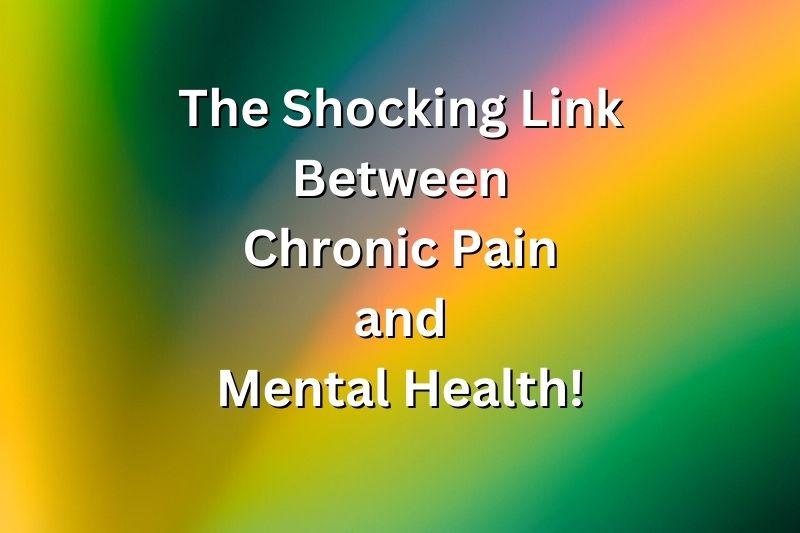 The enigmatic condition of Fibromyalgia has long perplexed both patients and physicians alike. A disorder that manifests as chronic widespread pain, it can be an agonizing and debilitating affliction for those who suffer from it. Recent studies, however, have revealed a complex link between Fibromyalgia and mental health, further complicating our understanding of this puzzling condition.
The enigmatic condition of Fibromyalgia has long perplexed both patients and physicians alike. A disorder that manifests as chronic widespread pain, it can be an agonizing and debilitating affliction for those who suffer from it. Recent studies, however, have revealed a complex link between Fibromyalgia and mental health, further complicating our understanding of this puzzling condition.
While the exact cause of Fibromyalgia is not yet fully understood, studies suggest that it may be linked to mental health disorders such as depression and anxiety. The intense pain that patients experience can also lead to feelings of helplessness and despair, exacerbating existing mental health conditions or even causing new ones to emerge.
 This intricate relationship between Fibromyalgia and mental health highlights the need for a holistic approach to treating the condition. Physicians must not only address the physical symptoms of Fibromyalgia but also the emotional and psychological toll it takes on patients. Effective treatments often include a combination of medication, cognitive-behavioral therapy, and mindfulness practices.
This intricate relationship between Fibromyalgia and mental health highlights the need for a holistic approach to treating the condition. Physicians must not only address the physical symptoms of Fibromyalgia but also the emotional and psychological toll it takes on patients. Effective treatments often include a combination of medication, cognitive-behavioral therapy, and mindfulness practices.
It is essential to acknowledge the complex nature of Fibromyalgia and the toll it takes on patients’ mental health. By taking a comprehensive approach to treatment, physicians can help patients not only manage their physical pain but also improve their mental and emotional well-being. For those who suffer from Fibromyalgia, seeking help from qualified professionals can be the first step towards regaining control of their lives and finding relief from this confounding condition.
The intense pain that patients experience can also lead to feelings of helplessness and despair, exacerbating existing mental health conditions or even causing new ones to emerge. Share on X

